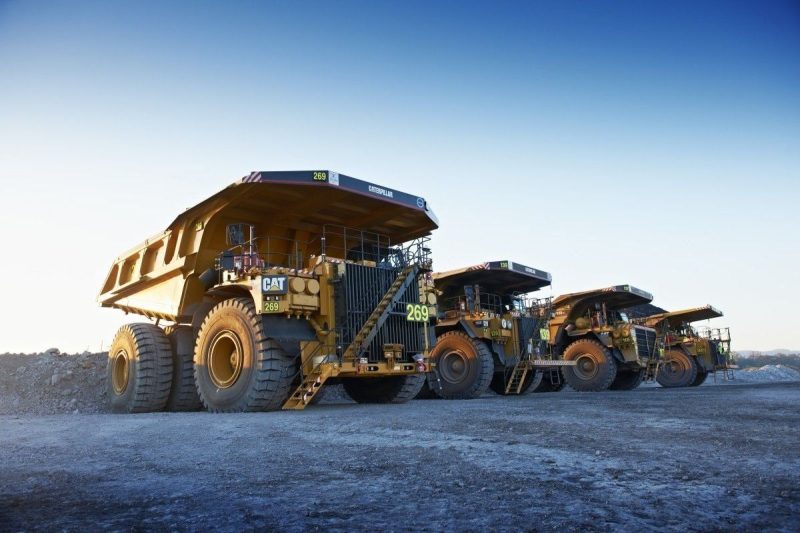
The Australian government has rejected Glencore’s (LSE:GLEN,OTC Pink:GLCNF) proposal to develop a carbon capture and storage (CCS) project in Queensland due to potential risks to groundwater resources.
The decision halts the global commodities miner’s plan to inject CO2 into underground aquifers to reduce emissions from a coal-fired power plant. The CO2 would have been stored 2.3 kilometers underground in the Surat Basin.
Glencore’s pilot project, managed by its subsidiary, Carbon Transport and Storage Company, aimed to capture 330,000 metric tons of liquefied CO2 annually from the Millmerran power plant in Southern Queensland.
The initiative was part of Glencore’s strategy to develop large-scale CCS capabilities, with the goal of capturing up to 90 percent of the plant’s emissions. Japanese companies Marubeni (TSE:8002) and Electric Power Development (TSE:9513), which operates under the brand name J-POWER, each committed AU$10 million to the project in 2022.
The Queensland Department of Environment and Science announced on May 24 that the project would not proceed due to concerns about its impact on groundwater. The proposed site is not a contained aquifer, and the CO2 “could migrate, likely causing irreversible or long-term change to groundwater quality and environmental values.’
Potential contaminants identified included chloride, sulfate, lead and arsenic, which could harm the Great Artesian Basin, a key water source for agriculture and communities in Eastern Australia.
The rejection comes as CCS is gaining traction as a technology for achieving global net-zero emissions goals. According to the Global CCS Institute, Australia has one active CCS project, with two more under construction and 14 in development.
Glencore expressed disappointment with the decision, attributing it to a ‘misinformation campaign and political opportunism.’ It also argued that its plan is scientifically sound and targets an area with low-quality groundwater.
‘The Queensland government has now effectively banned carbon capture and storage projects in Queensland. It’s now up to the Queensland government to explain how it’s going to meet its emissions reductions targets,’ Glencore said.
‘It’s a missed opportunity for Queensland and sends mixed messages on emissions reduction to industry who are looking to invest in low emission technologies, including CCS,â€� ABC News also quotes the company as saying.
Farmers and environmental groups praised the news, highlighting the risks to one of Australia’s key water resources.
‘We applaud the government’s decision but call for further federal scrutiny to ensure the protection of the Great Artesian Basin,’ said a spokesperson for AgForce, a Queensland farm group.
Glencore is currently reviewing its options, including a potential appeal.
Securities Disclosure: I, Giann Liguid, hold no direct investment interest in any company mentioned in this article.

































